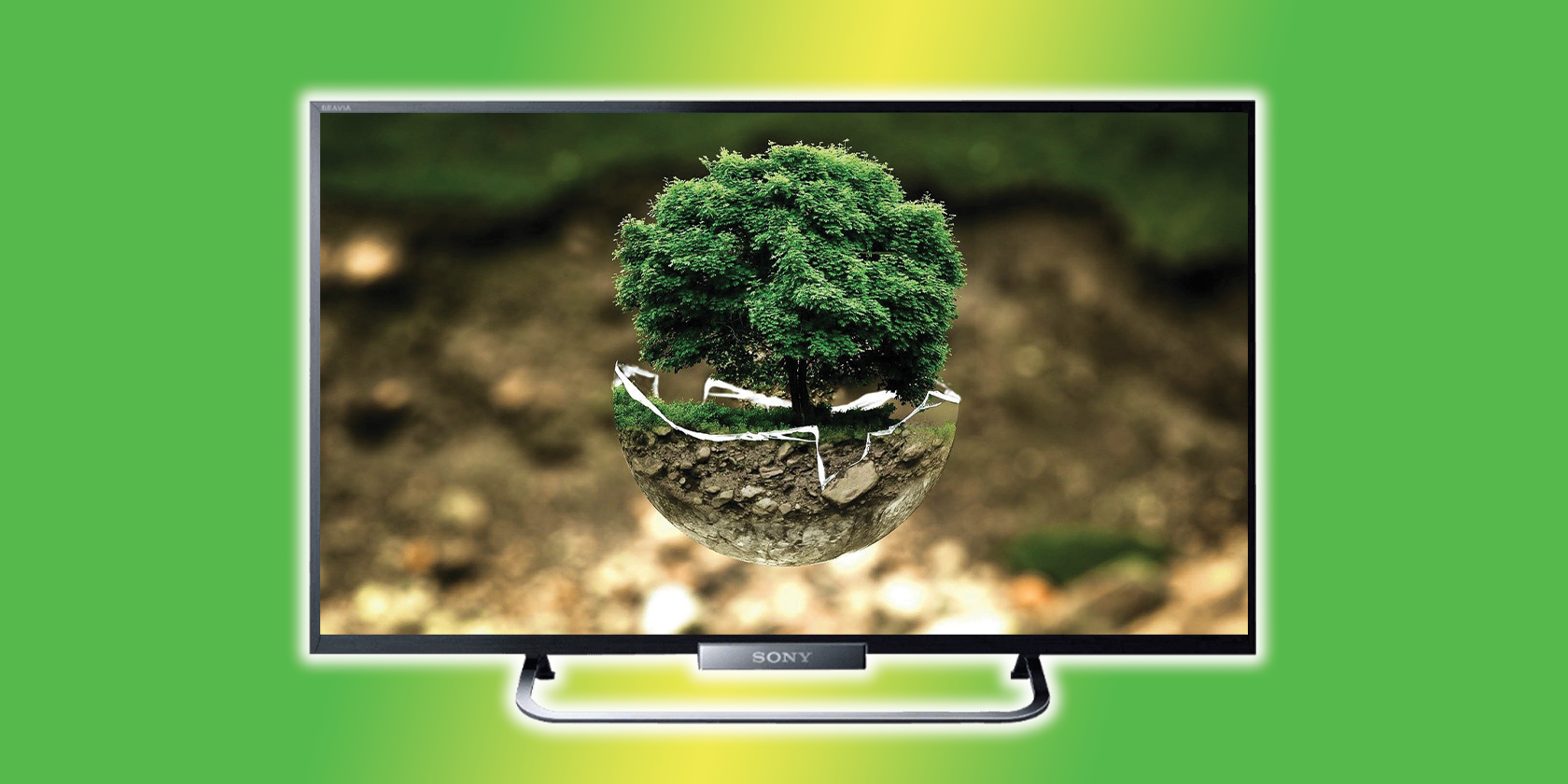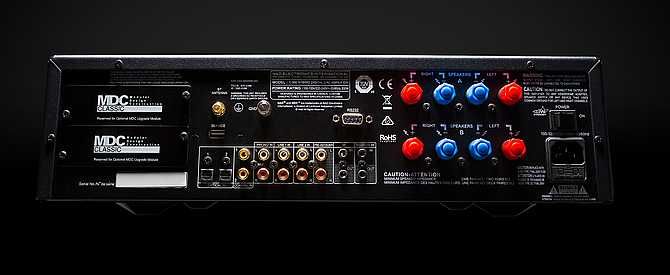Think about it. All of the gadgets and gizmos you're constantly running have implications for the environment. As a result, we should all seek out ways to lessen our environmental impact as we consume home entertainment.
Fortunately, there are a number of ways you can reduce your carbon footprint while still keeping the party going. It isn't as hard as you might think. Here's how to make home entertainment a more eco-friendly pursuit.
1. Invest in Upgradeable Hardware
Look at your surrounding tech right now. How much of it is upgradeable? The likelihood is, not a great deal.
This is because a lot of brands design their tech to become prematurely obsolete, meaning it becomes useless long before it should do. In essence, if a small, important component fails, then this renders the device obsolete; it won't work anymore.
But what about the rest of the components? You may have a device that is 95% functional, yet a crucial 5% of the device no longer works or more advanced hardware has replaced it.
Audio hardware that follows an upgradeable design, such as NAD's modular design construction (MDC) amplifiers, is an excellent addition to any home entertainment system.
This is not just down to quality, but also the fact that you can customize your amplifier to your requirements, swapping modules out as tech advances, yet retaining the same core device.
It works the same with a computer that you can continuously upgrade. Gaming laptops, for example, tend not to have replaceable components. While it should last several years of gaming and streaming, and whatever else you throw at it, once the components are obsolete, that means you need a new laptop.
You can easily keep upgrading a desktop computer, though. So as soon as 8K arrives, your PC will be ready to accept a new GPU, and stream your movies and games in incredibly high definition, straight from your computer.
If all companies adopted this approach, then we wouldn't be sitting on mountains of eWaste and experiencing industry-damaging electronic component shortages.
2. Use Devices Made From Sustainable Materials
You don't have to go all out buying expensive amplifiers to begin with, there are smaller changes you can make, too, such as buying devices made from sustainable materials. Speakers are a good example and, in particular, portable Bluetooth speakers are a culprit when it comes to eWaste.
Audio brand House of Marley, for example, produces a range of good quality speakers that won't make your wallet wince. Not only are they financially sound, but they are also environmentally conscious, too. Its Get Together and Stir It Up ranges both feature bamboo external components; a well-known sustainable material.
With personal entertainment, such as headphones, there are additional considerations to be made. We often use materials such as leather in the manufacture of high-end cans.
This leather comes from cows farmed so intensively that it harms the environment, not to mention the ethical implications of killing something just so you can listen to your music.
With a little care and attention, you can make minor changes on a personal level that will contribute to bigger changes on a global, environmental level.
3. Consider Ethical Alternatives to Your Current Tech Providers
There is often an ethical alternative to any tech provider, be that environmentally ethical, or ethical on a more humanitarian level. Be that via direct practice or the message an ethical brand wants to transmit.
Take Google as an example. What good does your Google search do for the environment? Precisely none. However, using a search engine like Ecosia can do some good. How? Because Ecosia uses ad revenue to plant its trees. So next time you're searching for song lyrics, try using Ecosia instead.
Likewise, if you play video games, consider buying them via Humble Bundle. Humble Bundle is a marketplace that operates a pay-what-you-want system and allows users to donate to charity.
Music fans can be more ecologically ethical, too. Storing your entire music collection on an SSD is more environmentally friendly than buying mountains of vinyl, which is plastic and therefore not great for the environment.
However, there is the obvious trade-off here of not having a tangible product that you can hold in your hands; something we all love to experience and particularly with musical formats.
If you want to find out more about ethical alternatives to your lifestyle, then ethical.net is a great place to start, as it lists a wide range of categories, not just tech, and not just eco-friendly brands. This means that you can align your tech with whatever your values are.
4. Buy Refurbished Tech
You don't always need to buy brand new tech. There are plenty of ways to get hold of refurbished tech that works like new.
So, you're looking to buy an iPhone 12, for example, so you can access your iTunes content on the go. Don't just buy new from a carrier or direct from Apple. Shop around first and see if you can find one on a phone refurb site.
You don't even need to do the shopping around. Websites like SellCell can do all the legwork for you, so you can get a bargain without having to trawl the web and risk losing your cash to a disreputable company by accident.
Buying a refurb is much better for the environment, no matter what tech you're buying—it doesn't have to be a phone. You could get a game console, smartwatch, or TV in exactly the same way.
Now You Can Start Making Entertainment More Eco-Friendly
It might not seem like a lot to make the changes outlined above, and you'd be forgiven for thinking "I can't make a difference on my own." However, as cliche as it sounds, we can make a difference if we all work together to do so.
Just following one of the steps above will help reduce your carbon footprint and make more ethical entertainment choices.





